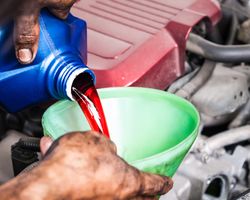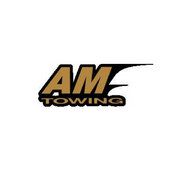
The transmission is an essential component of your vehicle. Without a functioning one, your car won’t move, and you’ll need towing services to take you to the nearest repair shop. Despite its importance, few drivers understand what this component is, how it works, and why it fails over time. Here’s a brief guide that will help you care for your transmission.
All You Need to Know About Your Transmission
How It Works
The transmission system forms part of the engine and converts produced power into torque, which is a twisting force that results in rotation. It is responsible for moving your car’s wheels.
The transmission allows you to accelerate or decelerate by changing gears. If you want to go faster, you shift to a higher gear ratio to make your engine rotate at higher speeds or revolutions per minute (RPMs).
How It Can Get Damaged
Transmission systems generally come in two types—automatic and manual. Manual transmissions use clutches and shifters to move, whereas automatic ones utilize planetary gear systems when changing speeds.
 Whether you have a manual or automatic unit, your car will require routine upkeep to ensure the transmission’s efficiency and longevity. Skipping periodic maintenance, like changing the fluid or refilling it, often results in transmission failure. An insufficient amount of fluid or dirty liquid causes internal parts to grind during operation, resulting in overheating and eventual breakdown.
Whether you have a manual or automatic unit, your car will require routine upkeep to ensure the transmission’s efficiency and longevity. Skipping periodic maintenance, like changing the fluid or refilling it, often results in transmission failure. An insufficient amount of fluid or dirty liquid causes internal parts to grind during operation, resulting in overheating and eventual breakdown.
After reversing, shifting to drive without stopping puts extra strain on your transmission, causing damage over time. Other driving habits that wreak havoc are sudden stops, jackrabbit starts, forced downshifting at high speeds, and parking without the emergency brake on.
Common Signs of Transmission Problems
Damage to your transmission exhibits a few red flags. As you drive, be on the lookout for telltale signs like warning lights, burnt smells, and unusual noises such as thumping, clunking, or grinding. If your transmission is failing, you may also feel vibrations, slipping gears, rough transitions, and difficulties accelerating. If you spot puddles underneath your car’s parking spot, you may have a fluid leak.
When your transmission shows signs of trouble on the road, call for towing from AM Towing as a safety measure. Located in Big Bend, WI, they’ve provided reliable, 24/7 roadside assistance and car hauling in the area since 2000. They have diagnostic devices that will identify the issue with your vehicle. Call (262) 662-9770 to request emergency towing or visit their website to learn more about what they do.
About the Business
(30 reviews)
Have a question? Ask the experts!
Send your question

